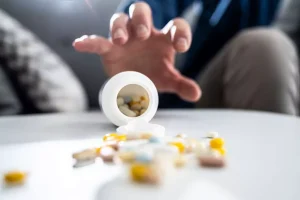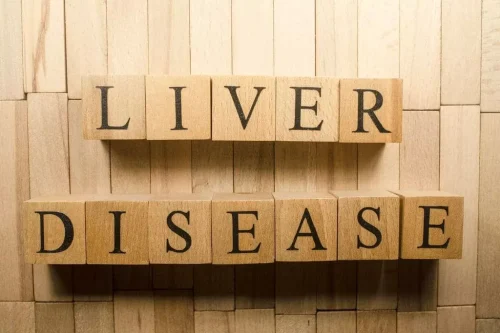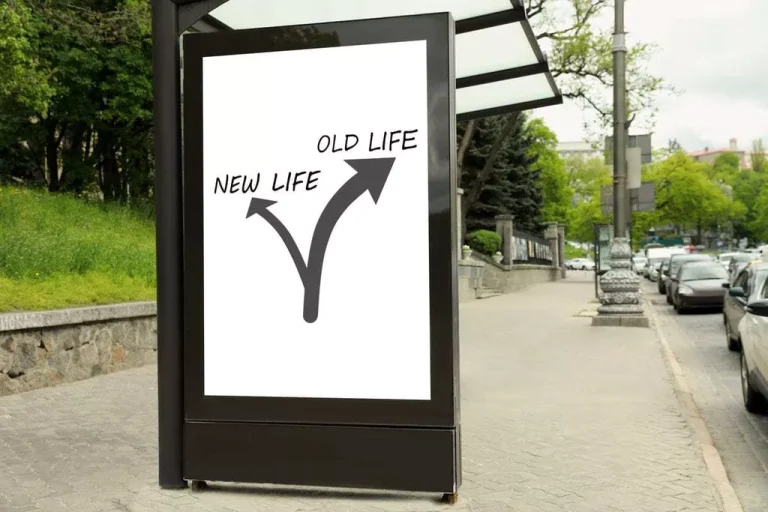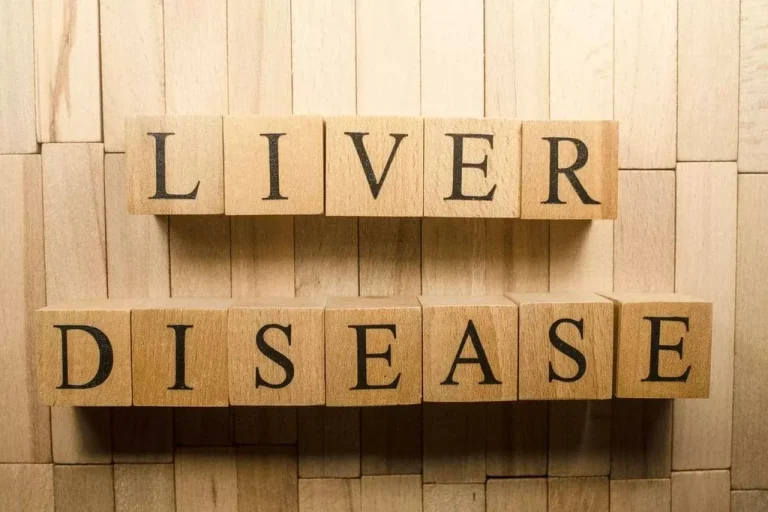
Celebrating at parties, cheering a favorite sports team, and enjoying get-togethers after work are common ways to relax or be with friends. For some people, these occasions may also include drinking—even binge or high-intensity drinking. At Renaissance Recovery our heroin addiction goal is to provide evidence-based treatment to as many individuals as possible. Give us a call today to verify your insurance coverage or to learn more about paying for addiction treatment. Ecstasy is often sold in colorful pills or as a crystalline powder.
How to avoid alcohol poisoning
- This variability underscores the importance of education and awareness, as recognizing these symptoms promptly can lead to swift action and potentially save a life.
- For those grappling with substance use, learning about the risks and realities of overdose is a critical step toward healing and recovery.
- Alcohol poisoning is preventable with responsible drinking habits, and it’s critical to act quickly if someone exhibits symptoms of alcohol poisoning.
- Alcohol poisoning occurs when excessive alcohol consumption overwhelms the body’s ability to metabolize it safely.
What tips the balance from drinking that produces impairment to drinking that puts one’s life in jeopardy varies among individuals. Age, sensitivity to alcohol (tolerance), sex, speed of drinking, medications you are taking, and amount of food eaten can all be factors. If you or a loved one needs help getting back on track from addiction to drugs like ecstasy, reach out to Renaissance Recovery. We can help you find medical detox centers near you to streamline MDMA detox and prepare you for ongoing treatment at one of our rehabs in California or Florida.
- For some, withdrawal symptoms can last longer, particularly if they use ecstasy heavily or combine it with other substances.
- If you suspect someone is experiencing an opioid overdose, immediate medical intervention is crucial.
- If you or a loved one needs help getting back on track from addiction to drugs like ecstasy, reach out to Renaissance Recovery.
- Alcohol overdose, or alcohol poisoning, occurs when you drink too much alcohol for your body to handle, leading to life-threatening effects.
- When someone takes MDMA, it causes a flood of serotonin, dopamine, and norepinephrine.
Addiction Articles

Alcohol poisoning can cause life-threatening complications within hours. Choking is a major concern, as alcohol suppresses the gag reflex. Alcohol poisoning is a life-threatening emergency caused by consuming large amounts of alcohol in a short period. It results from ethanol, the primary type of alcohol in beverages, overwhelming the body’s systems.

Get Insurance-Covered Addiction Treatment
- Severe impairment of basic functions, such as the inability to stand or control bodily functions, indicates a critical level of intoxication.
- Otherwise, you’ll continue to drink alcohol to numb emotional pain.
- Turn them onto their side in the recovery position to prevent choking if they vomit.
- We can help you find medical detox centers near you to streamline MDMA detox and prepare you for ongoing treatment at one of our rehabs in California or Florida.
- Knowledge of these signs can mean the difference between life and death.
- When alcohol levels in the bloodstream rise too high, the brain’s functions are severely disrupted, affecting areas that control basic survival functions, such as breathing and heart rate.
Alcohol poisoning poses severe immediate dangers and can lead to long-term health problems. Excessive drinking may also increase the risk of developing alcohol use disorder. These may manifest as sudden, uncontrolled body movements or convulsions. Ecstasy withdrawal symptoms are tied to how the drug impacts brain chemistry.

Increased risk of alcohol addiction
Breaking free from this dependence requires time, support, and often professional treatment to address both the physical and emotional aspects of ecstasy withdrawal. If you’re a heavy drinker or if you have a loved one who struggles with alcohol consumption, understanding the signs, causes, alcohol overdose and dangers of alcohol overdose is important. As alcohol levels decrease, patients may experience withdrawal symptoms. Medical professionals provide appropriate medications to manage these symptoms safely. Seizures may happen as alcohol levels in the blood rise and fall rapidly. This involves consuming multiple drinks within a short timeframe, typically defined as 4-5 drinks in 2 hours.
- Consuming non-beverage alcohols like isopropyl alcohol or methanol can also lead to severe poisoning, often with more dangerous outcomes than ethanol intoxication.
- Heart rate and blood pressure are closely monitored throughout treatment.
- Although ecstasy is often seen as a party drug, its long-term effects can be harmful and, in some cases, life-threatening.
- We believe that by equipping our community with knowledge about overdose, we can foster a proactive approach to substance use and recovery.
- Many people confuse an ecstasy (MDMA) comedown with withdrawal, but these are two distinct experiences.
This is especially true if you drink alcohol with a sedative medication, which can lead to significant respiratory depression. Monitor the alcohol content of drinks, especially with mixed beverages or craft beers that may have higher alcohol percentages. Alcohol levels can continue to rise after drinking stops, potentially worsening the situation.

The person may struggle to form coherent sentences or pronounce words clearly. The body attempts to expel excess alcohol, but this can lead to dangerous dehydration. Pale or bluish skin indicates poor circulation and oxygen deprivation. Alcohol poisoning presents a range of physical and cognitive symptoms that can escalate quickly. Recognizing these signs is crucial for timely intervention and potentially life-saving action.





